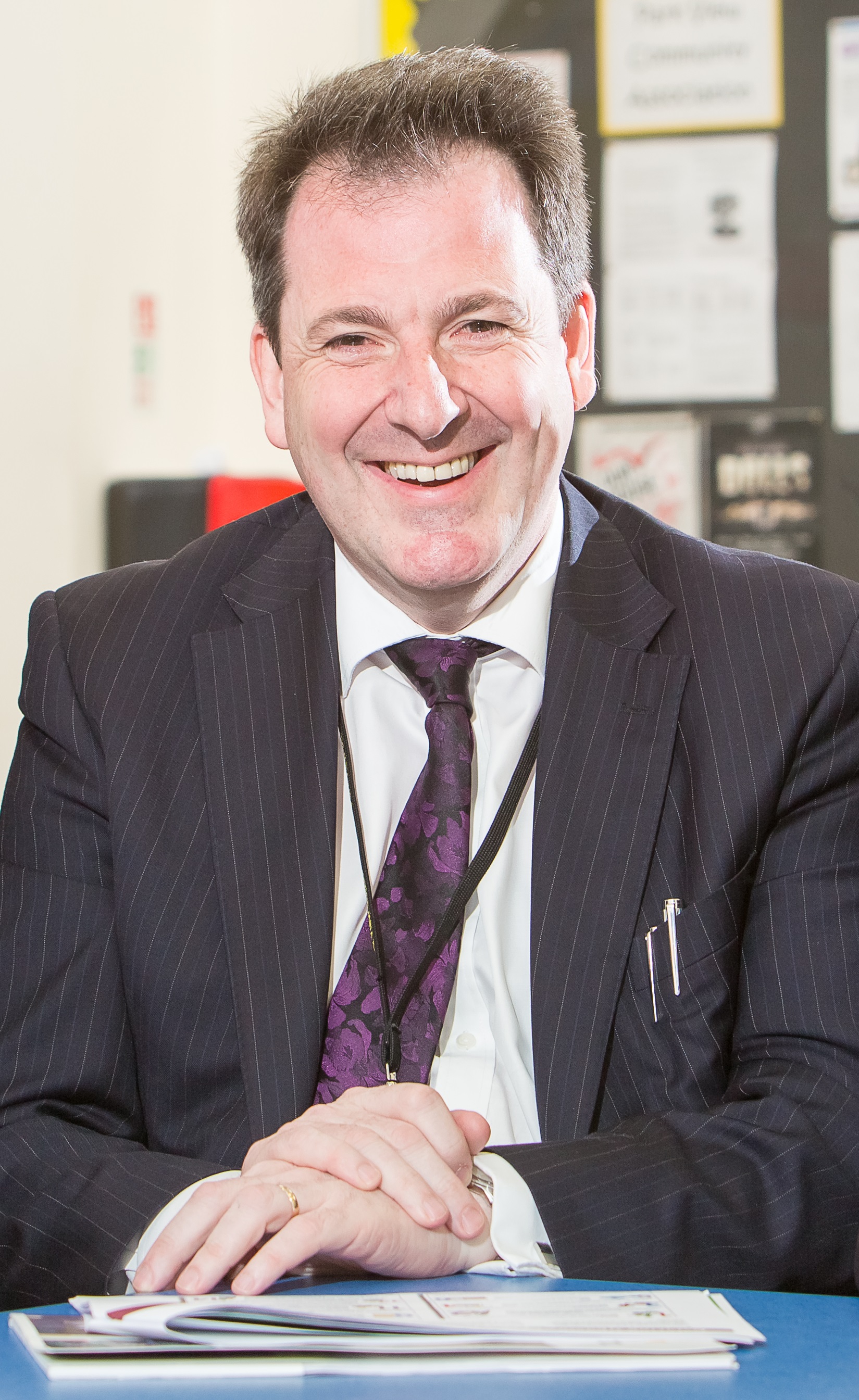Festive food porn and tempting teacher training ‘titbits’
 John Lewis, Marks and Spencer and The House of Fraser were not the only organisations to use the holiday season as a means of touting their wares to the general public. In amongst the advertisements for new clothes and electrical goodies and the traditional festive food porn, the DfE was launching its latest attempt to tempt graduates into teaching.
John Lewis, Marks and Spencer and The House of Fraser were not the only organisations to use the holiday season as a means of touting their wares to the general public. In amongst the advertisements for new clothes and electrical goodies and the traditional festive food porn, the DfE was launching its latest attempt to tempt graduates into teaching.
Perhaps as a response to Sir Michael Wilshaw’s declaration that we are facing serious shortages of teachers for key subjects, and despite asserting that “the number and quality of teachers in our classrooms is at an all-time high”, the Government has apparently spent millions of pounds illustrating what an incredibly attractive profession our vocation remains. Images of young, enthusiastic professionals holding immaculately dressed and behaved youngsters in awe through utilising the latest technologies dominate the advertisement before the salary and promise of a bursary/bribe are revealed at the end.
It looked so appealing that I almost logged onto the website myself. The only thing really missing was a catchy theme tune, though analysing those chosen by the major department stores may have made officials wince: were the lyrics of ‘You Don’t Own Me’ possibly too at odds with the actual reality of the classroom? Or those of ‘Half the World Away’ a tad too closely aligned to sentiments being expressed in so many staffrooms across the land?
The simple fact is that, at a time of austerity and a shallow recovery from recession, both traditional boom times for recruitment into teaching, young people are looking elsewhere for their futures, whilst an exodus from the teaching profession serves only to exacerbate the situation.
Why? For many of us, part of the blame lies with the public rhetoric of the Chief Inspector of Schools, and particularly with his constant use of metaphors associated with crime, torture or war. As an upwardly mobile professional, would you seriously be attracted to a profession where those at the top speak of ‘golden handcuffs’, ‘appeasers’ and ‘holding (your) feet to the fire’ to get results?
In addition, would you want your legitimate concerns being labelled as those of ‘a serial complainer’ or someone who is ‘infantilising’ the profession – Sir Michael’s words at a national conference last year?
The stream of invective begun by Michael Gove when he held office as Secretary of State for Education, maintained by his Chief Inspector and gleefully reported constantly within the media, has done much not only to tarnish the reputation of those who choose to teach but also to rob the vocation of the magic which many saw as its chief attraction.
Pointing the finger at obvious targets like Ofsted or hypothesising about the potential effects that the denigration of pay and conditions, and particularly pensions, may be having on recruitment offers comfortable solutions for headteachers and school leaders.
Similarly, using statistics, which show that 40% of all entrants to the profession leave within five years, to label current teacher training as being in disarray or inadequate for the demands upon it offers yet more easy answers.
However, could a more uncomfortable truth be that we are part of the problem; that either consciously or unconsciously, we are passing on the increasing burden of accountability that we feel to our staff and, in the process, are creating structures and expectations which not only turn those in the profession away from it but also lead them to advise others to avoid it too?
In a world in which leisure opportunities have multiplied beyond our wildest imagination, does the promise of long holidays still hold an attraction which will compensate for 70-80 hour weeks?
The simple fact is I have no idea.
I am aware that the audiences for my annual PGCE lectures at Newcastle University are dwindling, and not (I hope) just because of the speaker!
There is a dichotomy at the heart of the current situation: the majority of those entering the profession are as talented, committed and ambitious as I have ever known, and yet there are not enough of them. In other words, we are attracting the best future pedagogues but not in the numbers that the nation needs.
How do we address this situation?
Nationally, by politicians on all sides accepting that there is an issue with teaching at present which needs to be addressed and that, in the exploration of this, there can be no sacred cows; regionally, by communicating to all graduates that ours is still the most noble and rewarding of professions and that, through media such as the new Jobs in Schools | North East recruitment portal being created by our regional education network SCHOOLS NorthEast, their journey through it will be made easier if they choose to stay with us; and locally, by looking again at what we are asking of staff on a day-to-day basis and questioning whether it is reasonable and effective or whether the wheel has turned too far.
After all, the greatest advertisement for teaching needs to be the experiences which students have in school each day, being taught by professionals who are energised and passionate about what they do, rather than by well-meaning teachers who are worn out by the whole process, or who, through exhaustion or stress, are simply not there.
Iain Veitch, Head Teacher of Park View School in Chester-le-Street & Vice Chair of SCHOOLS NorthEast